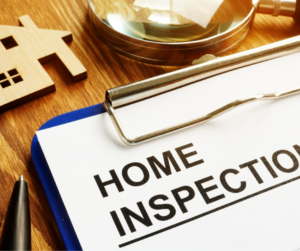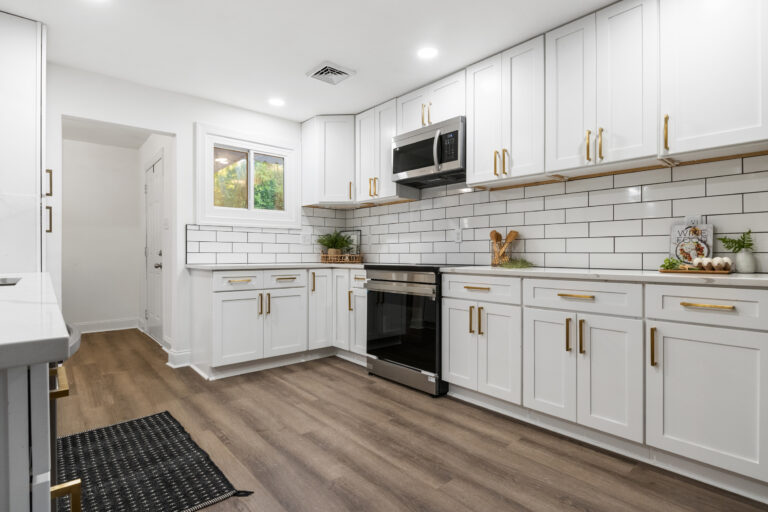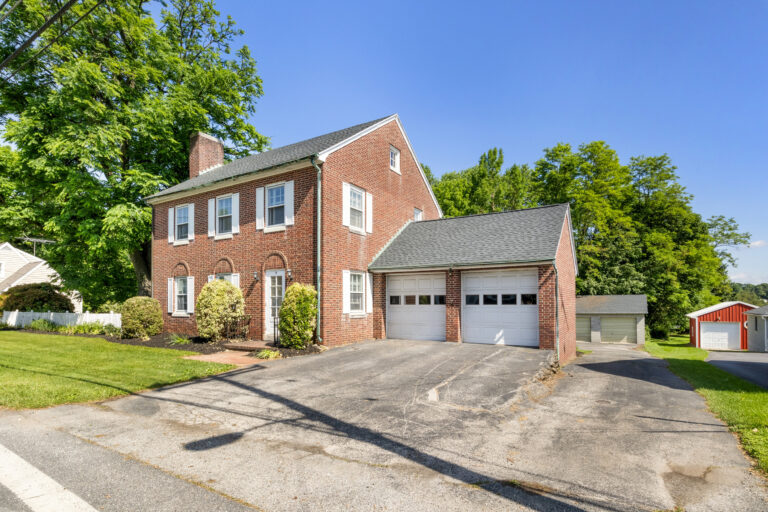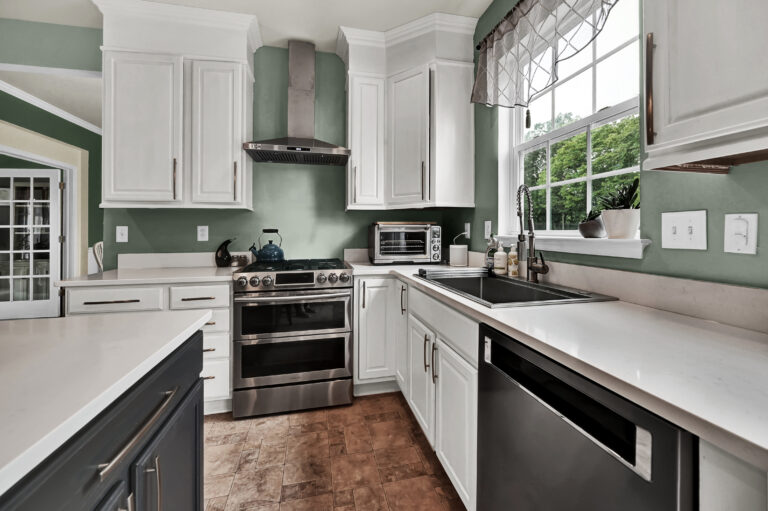 You just went under contract on the home of your dreams and your next step is to complete the home inspection. Your home inspection is designed to be a learning experience between you and the inspector so you will want to make sure you attend. The length of the inspection varies based on the size of the home and the number of defects found, but you expect to be there between 1 and 4 hours. Here is a list of areas in the home that will be inspected.
You just went under contract on the home of your dreams and your next step is to complete the home inspection. Your home inspection is designed to be a learning experience between you and the inspector so you will want to make sure you attend. The length of the inspection varies based on the size of the home and the number of defects found, but you expect to be there between 1 and 4 hours. Here is a list of areas in the home that will be inspected.
Roof and Exterior
The roof and exterior of a home can prove costly to repair or replace. Because of Pennsylvania’s weather, including harsh winters and hot summers, roofs and exteriors can sustain damage quickly. Besides finding existing damages and issues, the inspector can give you an idea of problems that could arise with the roof and exterior based on current wear and tear.
Basement, Foundation, and Crawlspace
The basement, foundation, and/or crawlspace need to have a careful inspection for large cracks and any water permeation. Inspectors check drain lines and other structural components.
Evidence of water penetration can indicate past problems, and the inspection will disclose whether they still exist.
Heating, Cooling, Plumbing, and Electrical
Inspectors are only checking to ensure these systems work properly. The inspector will also inspect how the plumbing and electrical systems are working, whether they need any repairs, and what those repairs might cost.
Doors, Windows, and Interior
Inside the home, the inspector will open and close windows and doors to check that they work properly, and will visually inspect walls, ceilings, and stairways. The inspector’s final report on the interior components will show any necessary repairs.
Additional inspections you can elect are; wood infestation (termite), deeds, restrictions and zoning, water service, radon, on-lot sewage, property and flood, property boundaries, and a lead-based paint risk assessment.
Approximately 24 hours post-inspection the inspector will send you a personalized report via email which breaks down the above-inspected areas. They will note any significant findings first and then go into buyer tips on maintenance for that particular property to reduce future costs. At this point, you will discuss the findings with your realtor and formulate a formal reply to the sellers which addresses any repairs or compensation to make the repairs on your own.
We’d love to connect and answer any questions you may have about the home-buying process, please contact us today.
Here are some of our local go-to’s –




